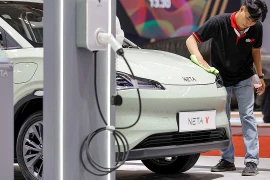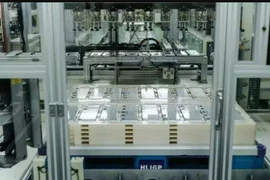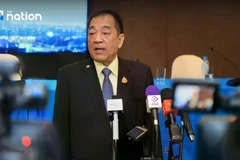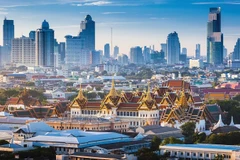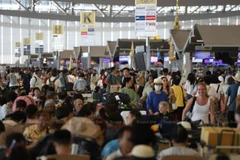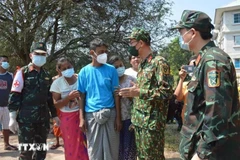Jakarta (VNA) - Chairperson of the Indonesian Chamber of Commerce and Industry (Kadin) Anindya Bakrie has highlighted the country's ambition to become a reference for electric vehicle (EV) battery material processing standards in the world.
In the context of the global supply chain, their ambition is not only limited to producing battery materials for electric vehicles, but also how to produce them, he said during a panel discussion at the World Economic Forum (WEF) in Davos on January 21.
He went on to say that Indonesia can produce battery materials using green energy while still paying attention to carbon emissions.
Many Indonesian companies have supplied not only to China with their advanced technology, but also to Europe through Eramet and Volkswagen, and to the US through Ford.
They are optimistic that in September, Indonesia as a whole can meet major standards such as EMA (exponential moving average) 50, he added.
For developing its EV industry ecosystem, he said, Indonesia is open to business cooperation with all parties.
He emphasised that Indonesia wants and needs to play a role in the electric vehicle supply chain ecosystem. The nation has strong determination and the resources needed to contribute to the world, he added.
The government is targeting the construction of 100 gigawatts of power plants in the next 15 years, with 75% of the power coming from renewable energy. This 75-gigawatt figure is equivalent to the total installed generating capacity in Indonesia at present./.
